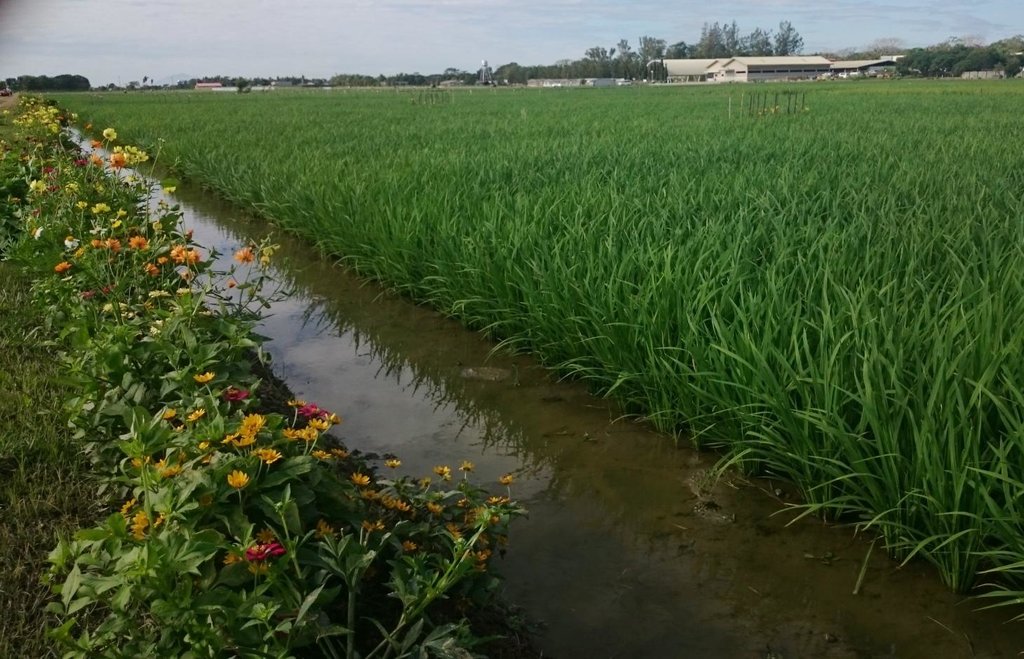
Land-use and ecosystem management are a key component of the environmental footprint of local communities, whether urban or rural. It encompasses impacts within and outside the geographical boundaries of these communities, because demand for ecosystem services may have consequences on distant countries through products imports or indirect market-related effects. Thus, designing and assessing strategies that minimize this footprint at product, citizen or community levels requires a thorough understanding of human, ecosystem and environmental responses involved in the underlying scenarios, from local to global scales. These responses may be analyzed using biophysical models of ecosystem functioning and ultimate the earth/climate system, and economic models describing the market mechanisms by which a local demand may translate into global consequences on the use and management of land worldwide.The objectives of this course is to raise the awareness of students regarding the biophysical and economic processes involved in the response of land-use and climate to economic drivers, and to equipthemwith state-of-the-art know-how on the modelling of theseprocesses, across a range of scales. Case-studies involving these models will serve to illustrate how they may be used to design and assesslow-carbonstrategies .The course will comprise lectures, practicals, and conferences from international experts (in approximatelyequalshares). Individual work is required to prepare the final examination.
Année: 24/25
